
The Recess Project
The Problem
The problem of recess is rooted in a traditional, low-priority approach because schools were historically organized only for instruction and learning, with minimal attention given to the psychological and social influences on learning. Contemporary research clearly shows that healthy children are better learners and social and psychological health are necessary for overall wellness. New research in Canadian schools documents what has long been intuitively clear: unacceptable levels of social and physical victimization during recess.The high levels of social conflict are fuelled by minimal supervision, barren environments, boredom, and strict rules. This kind of setting is problematic because negative patterns of interactions (rejection, victimization, isolation, loneliness, and chronically high levels of conflict) create relational stress, which disrupts children’s ability to function. Furthermore, consistent exposure to negative interactions shape relational patterns and become normalized over time - and exclusion, rejection and intolerance become socially acceptable, routine behaviors that follow children into adulthood and into the social fabric of our larger society.
The Solution
The Recess Project uses a socio-ecological model to drive systemic change and promote high quality, active, inclusive and accessible recess environments for all Canadian children and youth. Our growth plan is designed to take our deep-rooted and localized work to new levels of impact. This includes mobilizing the knowledge learned from research on recess and our extensive work with school boards to
- Build significant relationships among national organizations and stakeholders to ensure policy development that promotes and protects play environments in schools,
- Boost the national conversation around recess to reshape mindsets and attitudes about social relationships, healthy play, and accessible play spaces, and
- Ensure new school level routines are reinforced and supported in systemic, sustainable ways.
Stage of Development
- Early Stage
- Established Prototype
- Scaling
- Other
Organization to Receive Funds
Ashoka Canada
Find Out More












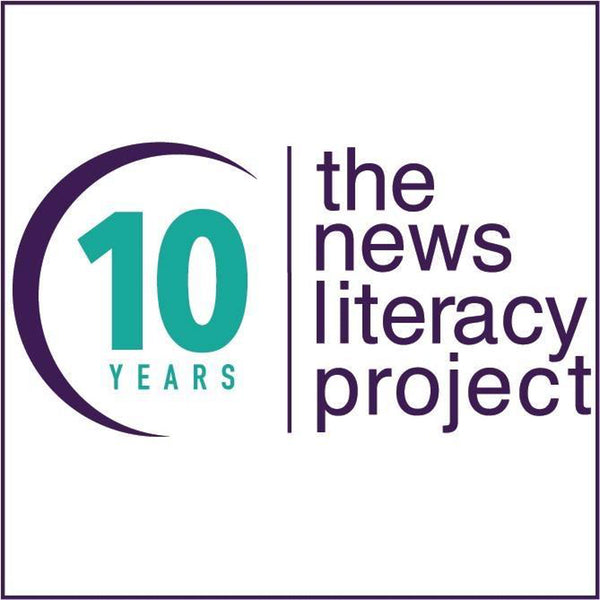
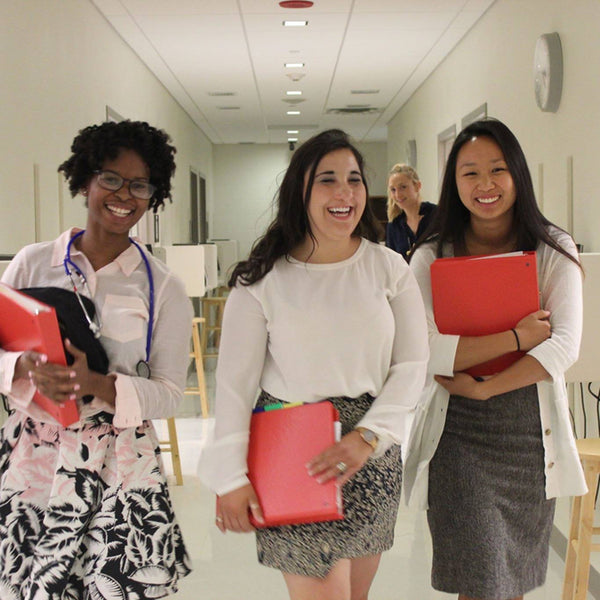

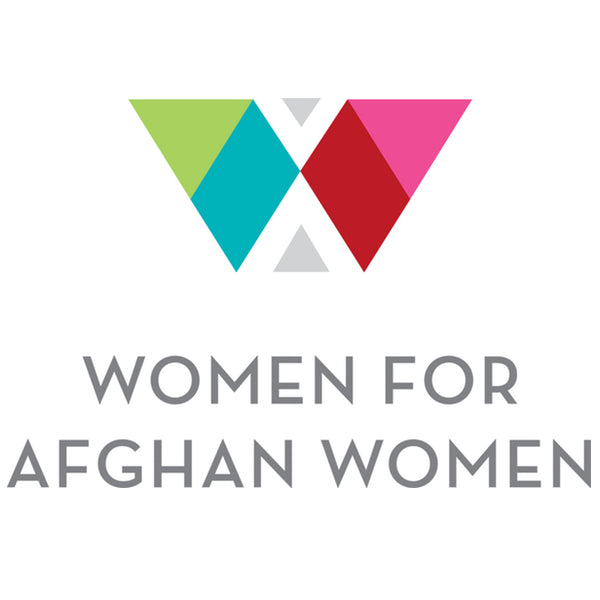
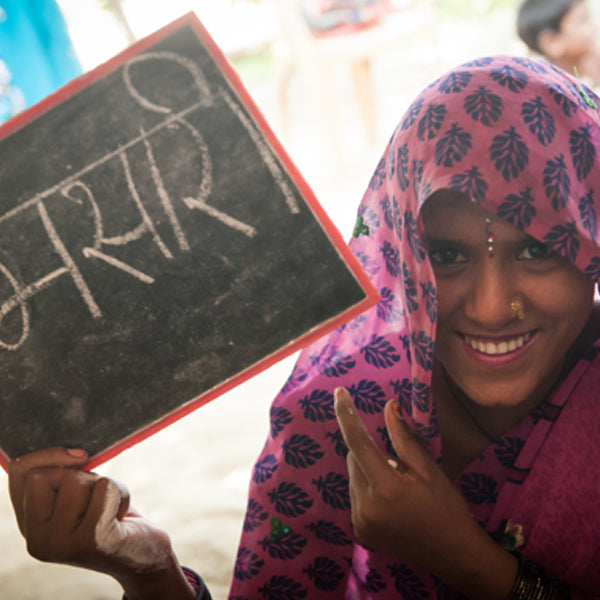

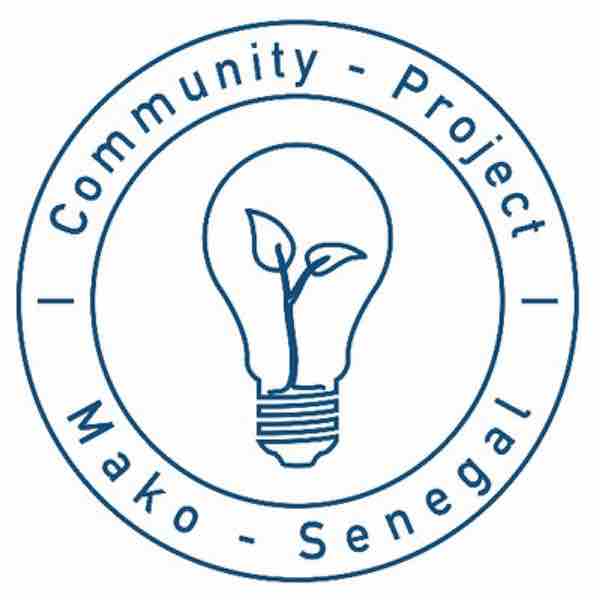




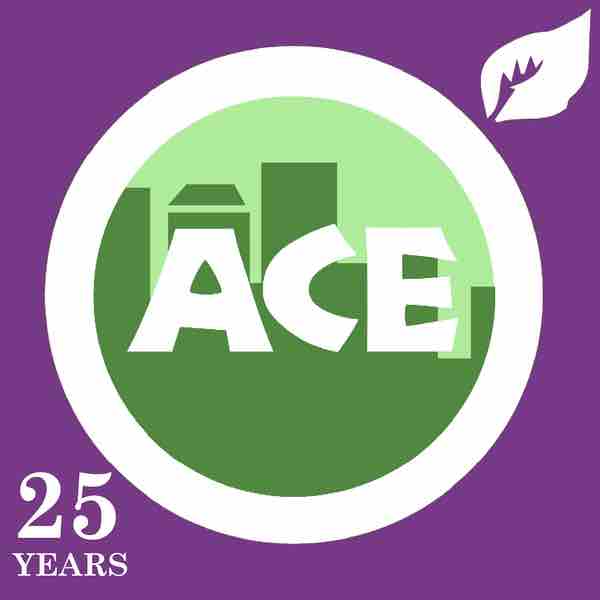

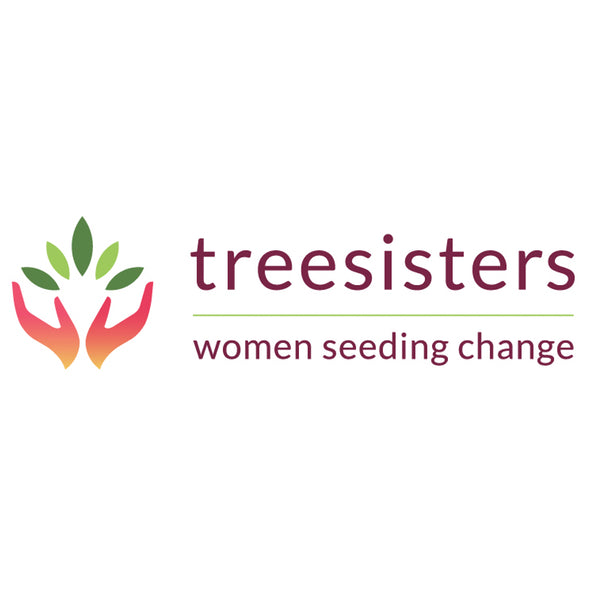



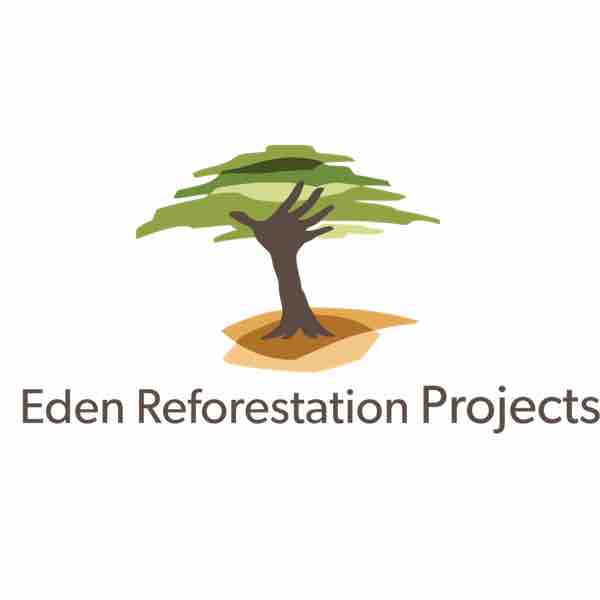





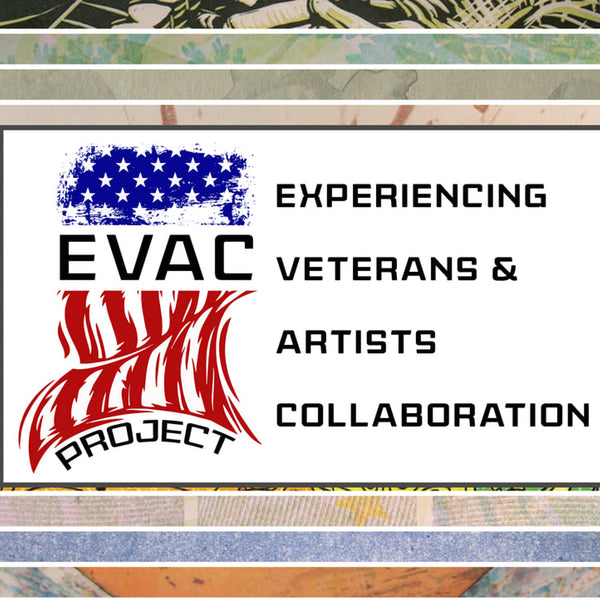



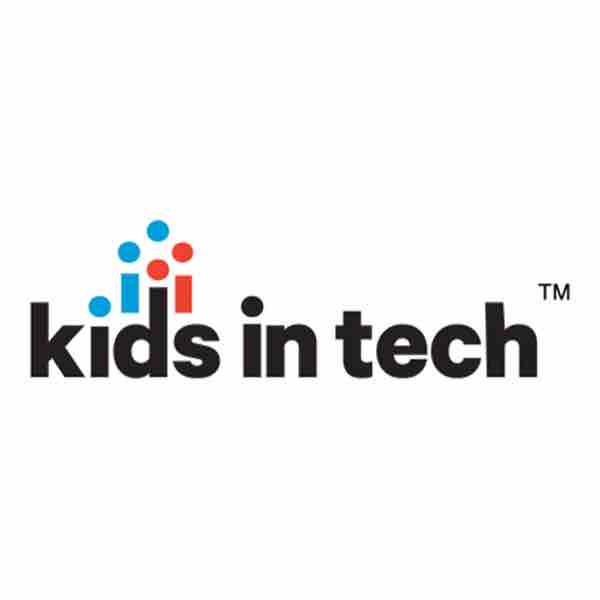







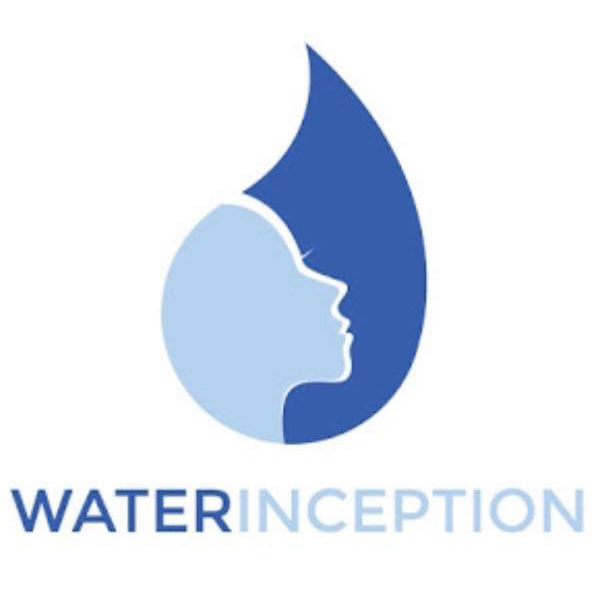

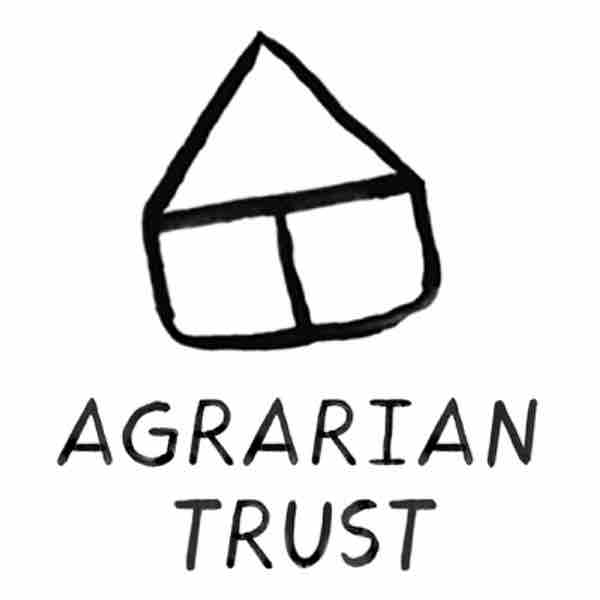

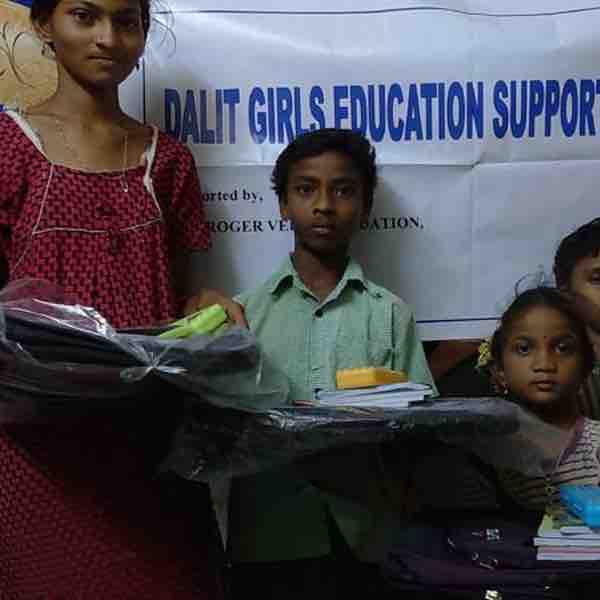

Join The Discussion